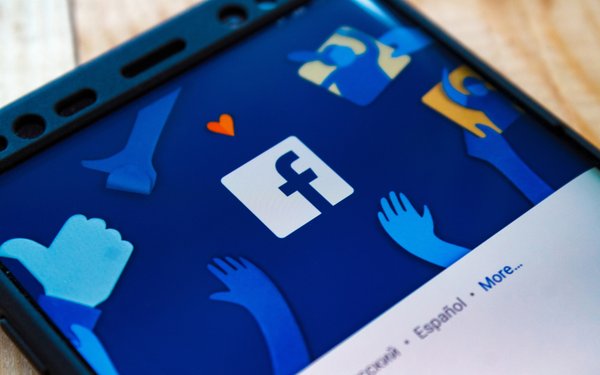
Mark Zuckerberg
isn’t the only one weighing in on Facebook’s 15th anniversary, this week.
Offering their two cents, analysts can’t help but marvel at the company’s unparalleled
success and current size, but worry about its increasingly uneasy relationship with consumers, advertisers and regulators.
“The relationship between marketers and Facebook is
strained,” Forrester analysts Brigitte Majewski and Jessica Liu suggest in a coauthored note.
advertisement
advertisement
That might be putting it mildly, considering the reaction from some ad execs after news broke that Facebook put
profits ahead of user privacy.
“We know Facebook will do whatever it takes to make money,” Rishad Tobaccowala, Chief Growth Officer for the Publicis Groupe, told The New York Times, last November. “They have absolutely no morals.”
Following a rash of similar scandals, “Facebook is at risk of being massively unfriended by its 7 million advertisers,” warn Majewski and Liu.
That might be an
overstatement, given Facebook’s financial health and the fact that its platforms and ad-targeting technology remain central for so many marketers.
Eventually, Majewski and Liu believe competition could
come in the form of ads that marketers consider to be better branding vehicles.
“Brands need a balance of (direct response) and brand-building activity over the course of the
brand’s life,” Majewski and Liu suggest. “While many new direct-to-consumer brands (think Casper) make their start on social platforms like Facebook, scale for these digital
disruptors often requires adding television as the emotionally rich, scalable perception-builder.”
For Facebook, additional threats could come from new engagement platforms
like Fortnite and Twitch, which bring consumers together in ways that Facebook doesn't.
The relationship between Facebook and consumers is equally fraught, according to Forrester
analyst Anjali Lai.
“The impulse to peer into the lives of others and curate a public identity continues to drive users to Facebook,” Lai writes in a separate note. “But
where Facebook’s massive scale made this feel like a novelty a decade ago, today it is consumers’ source for entertainment and an outlet to exhaust time.”
While consumer
behavior has yet to significantly shift, Forrester’s Consumer Energy Index shows that Facebook’s string of controversies has taken a toll.
How can Facebook repair its ruptured
relationship with users? It needs to return to its roots, according to Lai.
“To stay engaged, consumers don’t want to see overtly branded content,” she notes. “They want
to get back to what drew them to the platform in the first place: feeling closely connected with friends and family.”